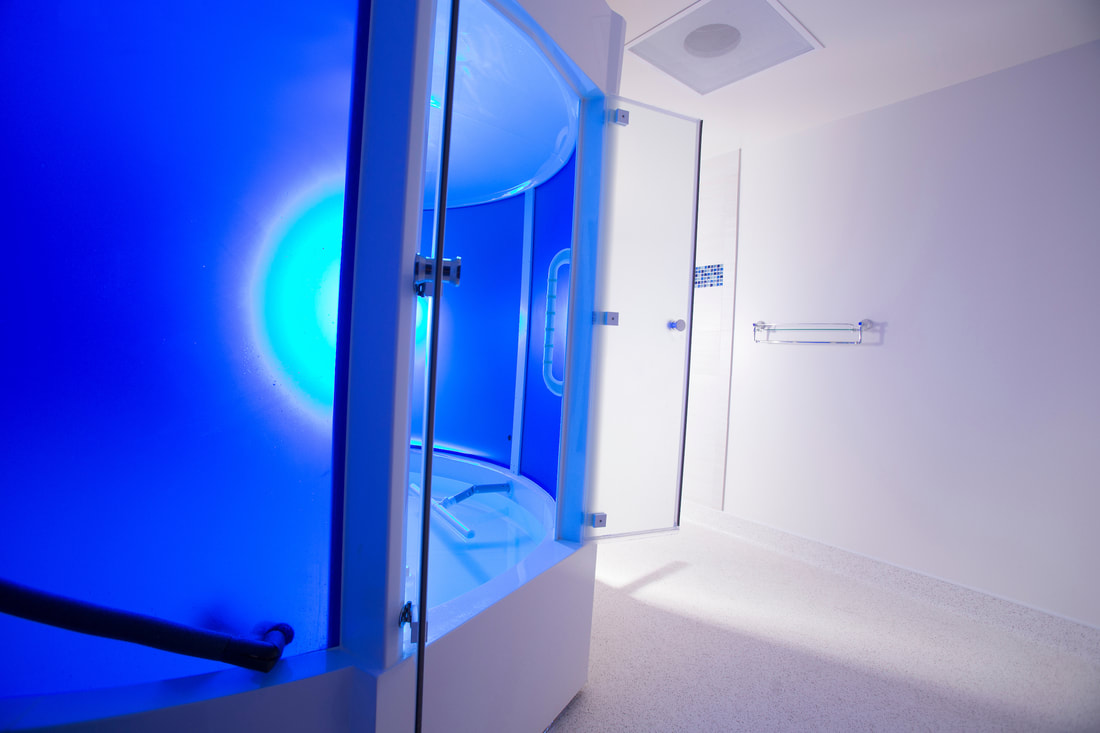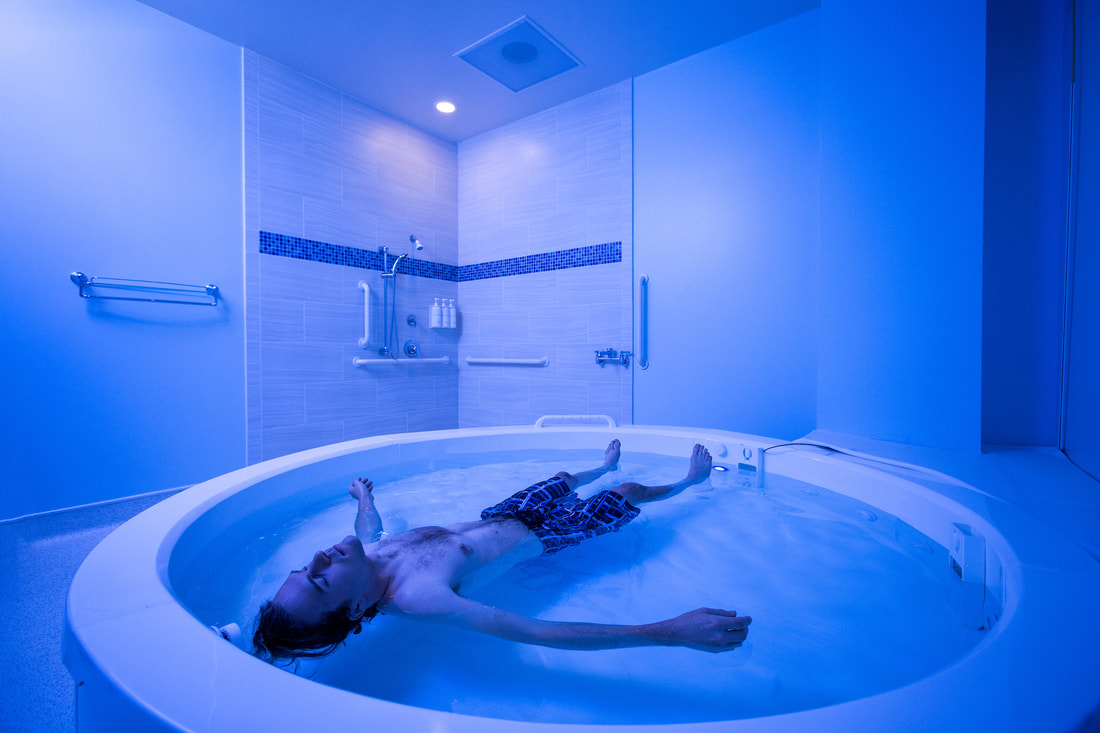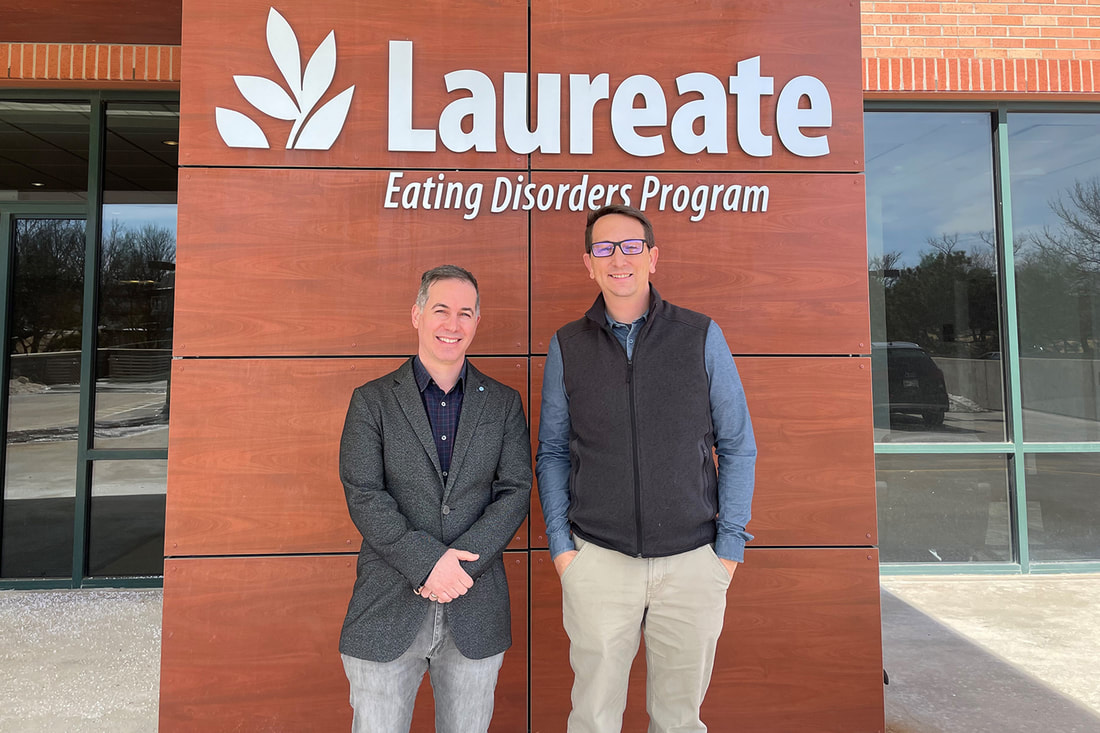First in Float Research
The Laureate Institute for Brain Research is home to the world’s first research laboratory investigating the effects of floatation therapy on both the body and the brain, as well as exploring its potential as a therapeutic treatment for improving mental health and well-being in individuals with various forms of psychiatric disorders including anxiety, depression, or eating disorders.
HistoryThe FCRC is directed by Dr. Sahib Khalsa and it is in its 7th year of operation. Initial studies published in 2018 found that floating appears to quickly reduce levels of stress, muscle tension, and blood pressure in individuals with anxiety and depression. A study published in 2020 led by Dr. Khalsa found floating to be safe in outpatient individuals with eating disorders, and lowered levels of anxiety, stress, and blood pressure, as well as improved body image. A study published in 2021 found patterns of reduced functional connectivity between region of the brain involved in mapping body sensation and self-representation in healthy individuals. This study provided the first functional neuroimaging evidence of the effects of floating on brain function. Another study published in 2022 found changes in heart rate variability and blood pressure during floating, providing further evidence that it lowers sympathetic arousal and alters the balance of autonomic nervous system functioning toward a parasympathetic state.
|
Ongoing Clinical TrialsBuilding from this base of knowledge, two studies published in 2023 led by Dr. Khalsa reported on the feasibility and tolerability of floatation therapy as a technique for reducing anxiety and depression in individuals with high levels of anxiety and depression. One of these studies, published in the first issue of the Journal of Mood and Anxiety Disorders, demonstrated that floatation therapy was associated with anxiolytic and antidepressant effects lasting for up to two days in some individuals. Also in 2023, a LIBR-funded clinical trial led by Dr. Khalsa was published examining the efficacy of floatation therapy as a technique for reducing body image disturbance and anxiety in individuals with anorexia nervosa hospitalized for inpatient treatment at the Laureate Eating Disorders Program. This study was first authored by Dr. Emily Choquette, who joined LIBR as a Associate Investigator at the end of 2023, and conducted in partnership with Dr. Scott Moseman, the medical director of the Laureate Eating Disorders Program, and the clinical staff from the program. Importantly, at the end of 2023 Dr. Choquette also received a mentored career development (K23) award from the National Institute of Mental Health (mentored by LIBR investigators Drs. Sahib Khalsa and Robin Aupperle), to study the integration of floatation therapy with evidence-based psychotherpy for body image in inpatient women with anorexia nervosa. This new approach, called float-assisted psychotherapy, seeks to boost the body image improvement effects seen in each individual therapy, and could result in a new form of mind-body treatment for eating disorders.
|




